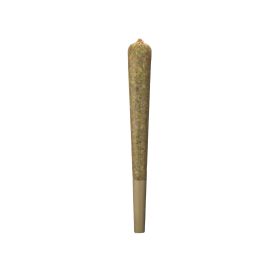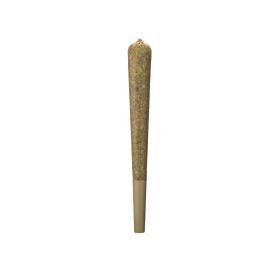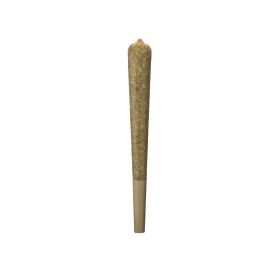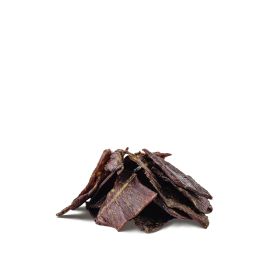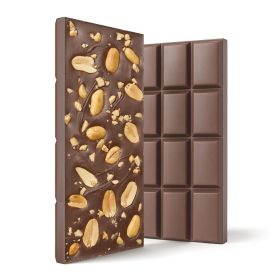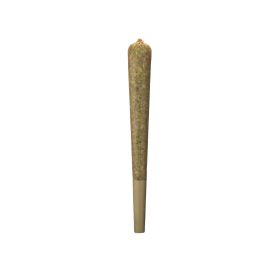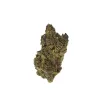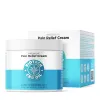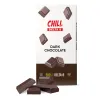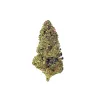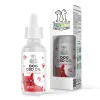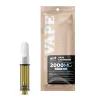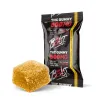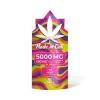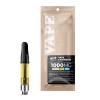THCA and delta 8 are intriguing cannabinoids within the extensive array of compounds derived from the cannabis plant. Although both have grown popular since the legalization of hemp in the United States, these two compounds create different effects.
The comparison between THCA and delta 8 delves into the intricate nuances of these cannabinoids, exploring their chemical structures, mechanisms of action, and effects on the human body.
Both compounds have garnered attention for their potential therapeutic benefits, yet they differ significantly in their psychoactive potency and interactions within the endocannabinoid system.
Understanding the unique traits and distinct effects of THCA and delta 8 is essential for individuals seeking to navigate the diverse landscape of cannabis products, providing insight into their varying impacts and potential contributions to health and wellness.

A Brief Overview on THCA
THCA, typically found abundantly in raw cannabis, remains non-intoxicating until it undergoes the process of decarboxylation, wherein heat triggers its transformation into the well-known psychoactive compound, THC.
Unlike its THC counterpart, THCA does not induce a psychoactive "high" when consumed in its raw state. Instead, it boasts a range of potential therapeutic benefits, including anti-inflammatory, neuroprotective, and antiemetic properties, making it a subject of considerable interest in medical research and cannabis exploration.
When heated, however, THCA products do cause psychoactive effects as the compound transforms into THC, adopting all of its effects, benefits, and psychoactive prowess.
A Brief Overview on Delta 8
Delta 8, on the other hand, stands as a lesser-known cannabinoid that has recently gained traction, often extracted and processed to achieve specific effects.
Delta 8 shares structural similarities with delta 9 THC, the primary psychoactive component of cannabis and what THCA transforms to when heated, albeit with notable differences in potency and effects.
Delta 8 products provide users with a milder psychoactive experience compared to delta 9 THC, rendering them a compelling choice for those seeking a more subdued euphoric impact.
THCA vs Delta 8: Chemical Composition and Effects
While they come from the same plant, THCA and delta 8 are two compounds with different effects, sources, and chemical compositions
THCA Explained
THCA, tetrahydrocannabinolic acid, is the precursor to the well-known THC, predominantly found in raw, unprocessed cannabis. Its molecular structure differs from THC due to the presence of an additional carboxylic acid group, rendering THCA non-psychoactive.
This compound exists abundantly in fresh cannabis plants and isn't known for inducing the characteristic euphoria associated with THC.
When heated, however, it undergoes the process of decarboxylation, which removes a carbon atom from its additional carboxylic acid group, effectively converting it into THC. This process involves the use of heat, such as when lighting a THCA pre-roll or hitting a THCA vape, to convert THCA flower or oil into THC.
Research suggests potential therapeutic benefits linked to THCA, including anti-inflammatory, neuroprotective, and antiemetic properties, making it an intriguing focus in medical cannabis exploration.
Delta 8 Explained
Delta 8, conversely, bears structural resemblance to delta 9 THC but contains a different atomic arrangement within its molecular structure. It is a minor cannabinoid derived from the oxidation of delta 9 THC, often requiring specialized extraction methods for its isolation.
Delta 8 is known for its distinct psychoactive effects, which are milder compared to the more prevalent delta 9 THC.
Its structural similarities to delta 9 products allow it to interact with the endocannabinoid system, albeit with reduced potency, providing users with a less intense and more subtle high.
Delta 8 is sourced through selective extraction processes designed to isolate this compound from cannabis plants, as well as through isomerization from CBD, offering a nuanced alternative for individuals seeking a more moderated psychoactive experience without the potency of delta 9 THC.
Understanding the Differences
Understanding the chemical structures and effects of both THCA and delta 8 elucidates their unique positions within the realm of cannabinoids. THCA remains non-intoxicating until activated through decarboxylation, offering potential therapeutic benefits, whereas delta 8 presents a milder psychoactive profile.
Exploring these compounds sheds light on their diverse roles and potential contributions to the ever-expanding landscape of cannabinoid research and cannabis-based therapies.
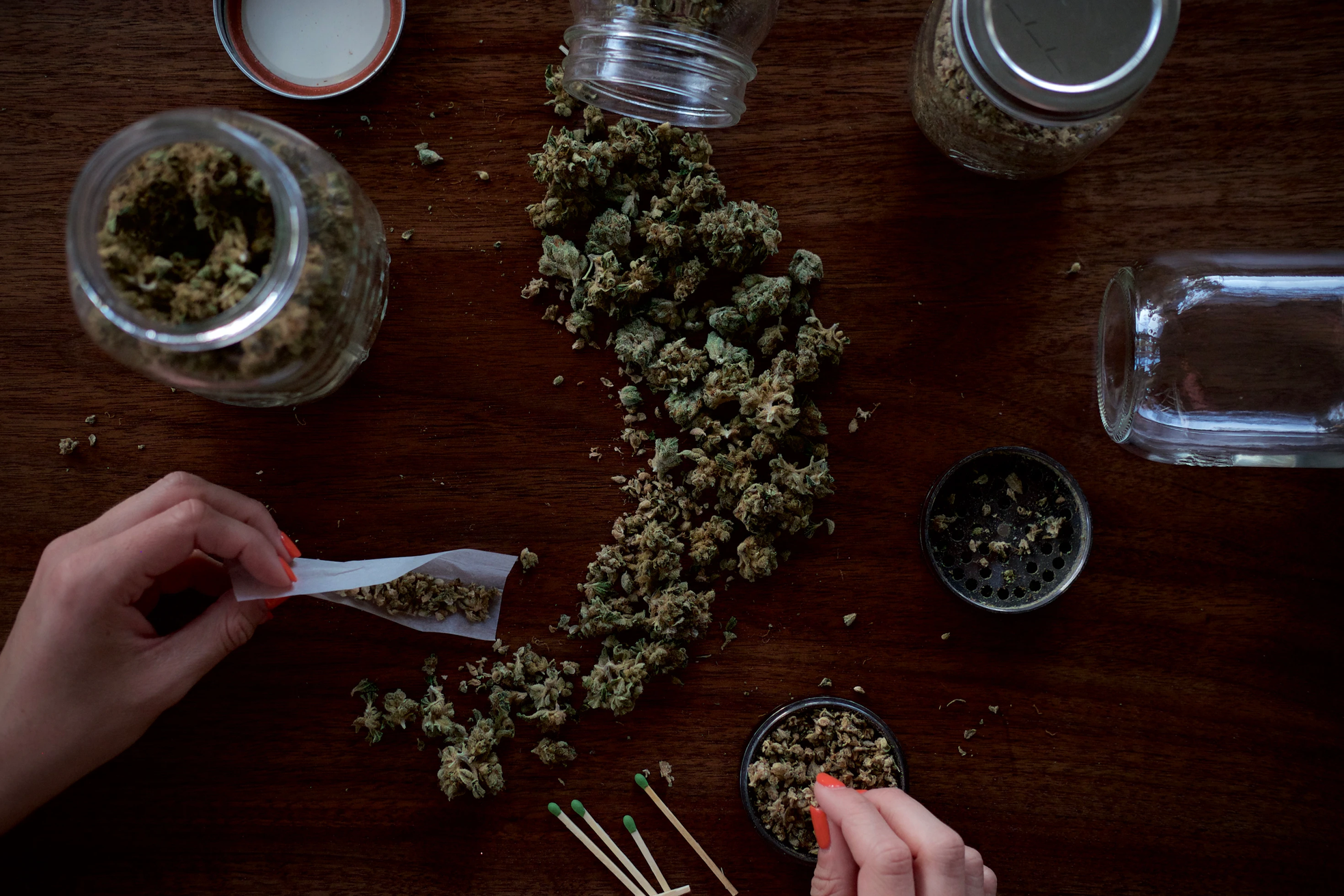
User Experiences and Mood Differences
User experiences with THCA often emphasize its non-psychoactive nature when consumed in its raw form.
Real Experiences: Delta 8 vs THCA
Individuals who consume raw THCA report experiencing therapeutic benefits such as reduced inflammation, potential pain relief, and even antiemetic effects without the typical high associated with THC.
Many users opt for raw THCA for its potential medicinal properties while avoiding the psychoactive effects prevalent in other cannabinoids. Additionally, users appreciate its versatility and potential as a health and wellness supplement, integrating it into their routine as a potential aid for various ailments.
That said, decarboxylated THC has garnered much more attention from cannabis enthusiasts, as it transforms into THC and allows users a safe, legal route to consuming real psychoactive cannabis.
Compared to THC, many users find delta 8's effects to be more manageable, reducing anxiety or paranoia that could accompany more potent cannabinoids. Individuals seeking a moderate and functional high often opt for delta 8, appreciating its potential to induce a gentle euphoric state without the overwhelming intensity characteristic of delta 9.
Mood Alteration Differences
The mood alteration differences between THCA and delta 8 are substantial and underscore their distinct positions within the realm of cannabinoids. This testimonial is a representation of the common experiences shared by users who have tried both THCA and delta 8.
|
Aspect |
Raw THCA |
Decarboxylated THCA (THC) |
Delta 8 |
|---|---|---|---|
|
Experience |
|
|
Manageable, functional high without intense intoxication |
|
Preference |
Chosen for potential medicinal benefits and wellness supplementation |
Picked for the traditional THC high associated with cannabis products |
Preferred for a moderate and functional high with reduced anxiety |
|
Mood Alteration |
Primarily therapeutic without significant intoxicating effects |
Offers moderately strong psychoactive experience |
Offers a mild psychoactive experience without overwhelming intensity |
"As someone exploring various cannabinoids, I found the experiences with THCA and delta 8 to be intriguingly different,” says one user, “THCA was surprisingly gentle; it didn't produce a high but offered subtle relief for my joint discomfort. It felt more like a supportive wellness aid than a recreational substance.
On the other hand, Delta 8 was quite different; it provided a calming effect that relaxed my mind without overwhelming me. The experience was milder than the typical THC high but noticeable enough to bring a sense of ease and relaxation after a long day."
Legality and Regulations
The 2018 Farm Bill marked a significant turning point in the legal landscape surrounding hemp-derived cannabinoids, bringing about changes that have reverberated across various regions.
This legislative milestone not only legalized the cultivation of industrial hemp but also opened the doors for the extraction and sale of hemp-derived cannabinoids.
However, the legal status of specific cannabinoids, such as THCA and Delta 8, varies from one region to another, leading to a complex tapestry of regulations that significantly impact their availability and usage.
Current Legal Status of THCA
Under the Farm Bill, hemp plants are not legally allowed to contain more than 0.3% delta 9 THC on a dry weight basis, but because THCA is not technically THC before being decarboxylated and is non-psychoactive in its raw state, hemp can legally contain much higher concentrations of this cannabinoid.
This means that while delta 9 THC is heavily restricted under the bill, THCA is not, and all you really need to turn THCA into THC is a lighter! This loophole makes THCA the first federally legal way to obtain real, psychoactive THC.
That said, the legal status of THCA varies widely from state to state, with some jurisdictions treating it as a controlled substance, while others have embraced its therapeutic potential.
In states where medical or recreational cannabis is legal, THCA is often included in the list of permissible cannabinoids for medicinal use. In states where hemp is legal, THCA derived from hemp is legal as well. However, in regions with stricter cannabis regulations, THCA may be subject to restrictions or prohibition.
Current Legal Status of Delta 8
Delta 8 is derived from hemp, making it legal under the provisions of the 2018 Farm Bill. However, the legality of delta 8 is not uniformly accepted across all regions.
Some states have explicitly banned or restricted the sale and possession of delta 8, citing concerns about its psychoactive properties and potential for abuse. Other states have embraced delta 8 as a legal alternative to delta 9 THC, the more well-known psychoactive compound found in marijuana.
This discrepancy in regulatory approaches creates a complex legal landscape for businesses and consumers alike.
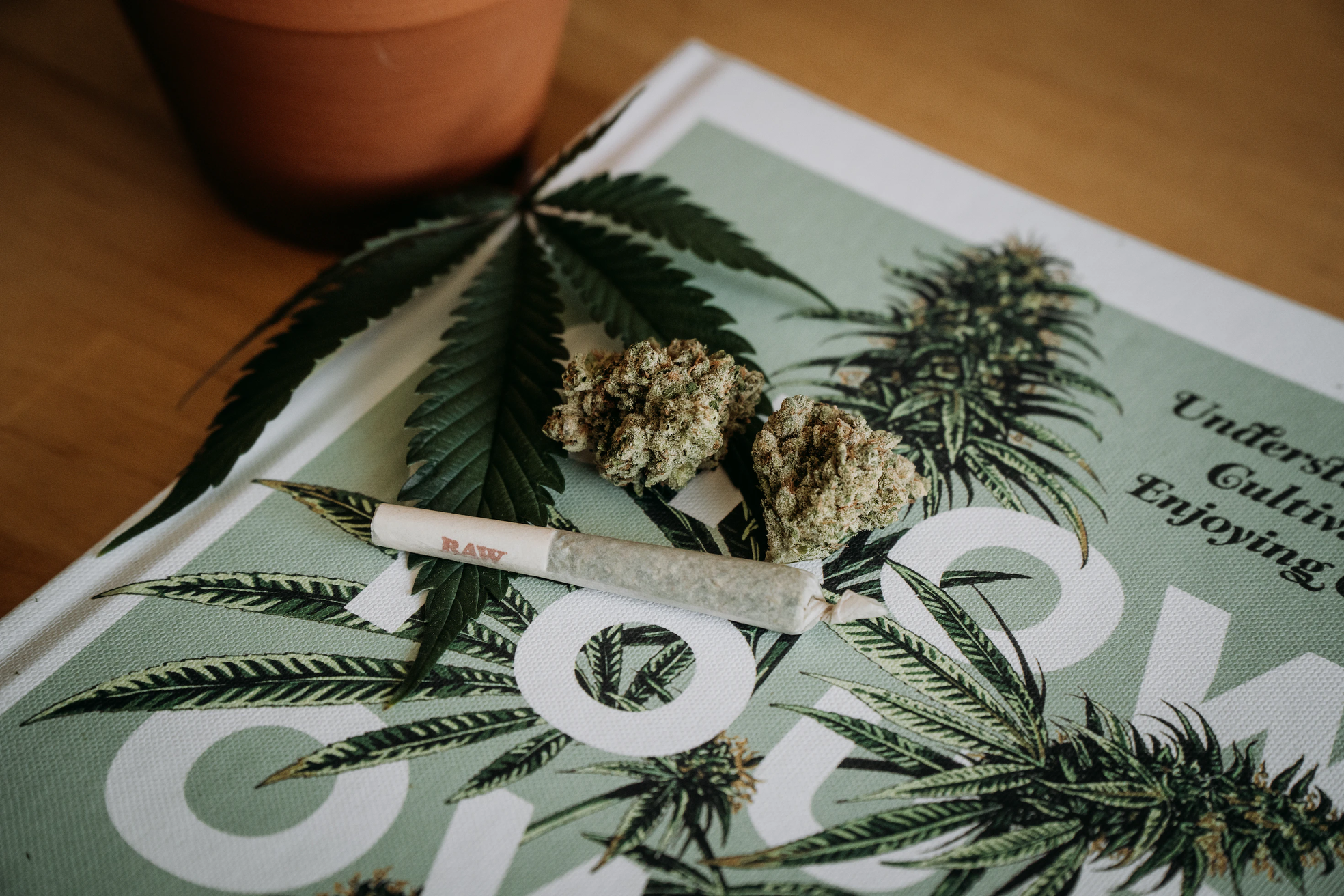
How Legal Status Affects Availability and Usage
The legal status of THCA and delta 8 has a direct impact on their availability and usage. In regions where these cannabinoids are fully legal, consumers can access a variety of products containing THCA or delta 8, ranging from tinctures and edibles to vaporizable concentrates.
The legal framework also allows for research and development, fostering innovation in the industry.
Conversely, in areas where regulations are stringent or ambiguous, the availability of THCA and delta 8 products may be limited. Businesses may face challenges in navigating the complex regulatory requirements, hindering the development and distribution of cannabinoid-infused products.
Additionally, consumers in these regions may find it challenging to obtain these cannabinoids for personal use, limiting their choices in the expanding world of hemp-derived products. Before attempting to purchase either compound, it’s advisable to look up your state’s stance on hemp-derived products.
THCA vs Delta 8: Frequently Asked Questions
What are the primary uses of each substance?
In its raw form, THCA doesn’t produce psychoactive effects in its raw state but is believed to offer potential therapeutic benefits such as anti-inflammatory, neuroprotective, and anti-nausea properties.
That said, once heated, THCA becomes THC, making it an excellent avenue for those looking to experience the psychoactive effects of cannabis in a legal and safe way.
Delta 8 is a psychoactive cannabinoid derived from hemp-based CBD. Users often seek it for its mild psychoactive effects that are considered less potent than delta 9 THC. Delta 8 is commonly used for its potential calming, relaxing, and mood-enhancing effects.
Are there any health risks associated with THCA or delta 8?
THCA: In its raw form, THCA isn't considered to pose significant health risks. Once decarboxylated, THCA may lead to some discomforts, such as dry mouth, dry eyes, anxiety, or nausea.
Delta 8: While considered less potent than delta 9 THC, delta 8 can still induce psychoactive effects. Like any cannabinoid, it may cause adverse reactions such as increased heart rate, dry mouth, and changes in mood. Users should be cautious, especially those sensitive to THC's effects.
Can THCA or delta 8 cause psychoactive effects?
THCA: In its raw form, THCA is non-psychoactive. Only when heated or exposed to certain conditions does it convert into psychoactive THC.
Delta 8: Yes, delta 8 does produce psychoactive effects, albeit milder compared to delta 9 THC.
How do THCA and delta 8 interact with other medications?
Interaction with medications can vary. Consult a healthcare professional before combining THCA or delta 8 with other medications to avoid potential adverse reactions or interactions.
Are there any recommended dosages for THCA or delta 8?
Specific dosages can depend on various factors like an individual's tolerance, body weight, metabolism, and the form of consumption. It's advisable to start with low doses, observe personal reactions, and gradually adjust as needed.
Seeking guidance from a healthcare professional or an experienced cannabis consultant is recommended for appropriate dosing advice.
Wrapping Up the Comparisons
THCA and delta 8 represent distinct cannabinoids with unique properties.
THCA, found in raw cannabis, is non-psychoactive but becomes real THC when decarboxylated. Delta 8, on the other hand, derived from hemp-based CBD, offers mild psychoactive effects and is sought after for its calming and mood-enhancing properties.
When choosing between THCA and delta 8, it largely depends on individual preferences and purposes.
If seeking non-psychoactive therapeutic benefits, raw THCA might be preferable. If seeking mild psychoactive effects with potential relaxation and mood enhancement, delta 8 could be a suitable choice. If seeking stronger psychoactive effects commonly associated with cannabis, decarboxylated THCA is the way to go.
Ultimately, the choice between THCA and Delta 8 should align with one's preferences, lifestyle, and desired effects.

